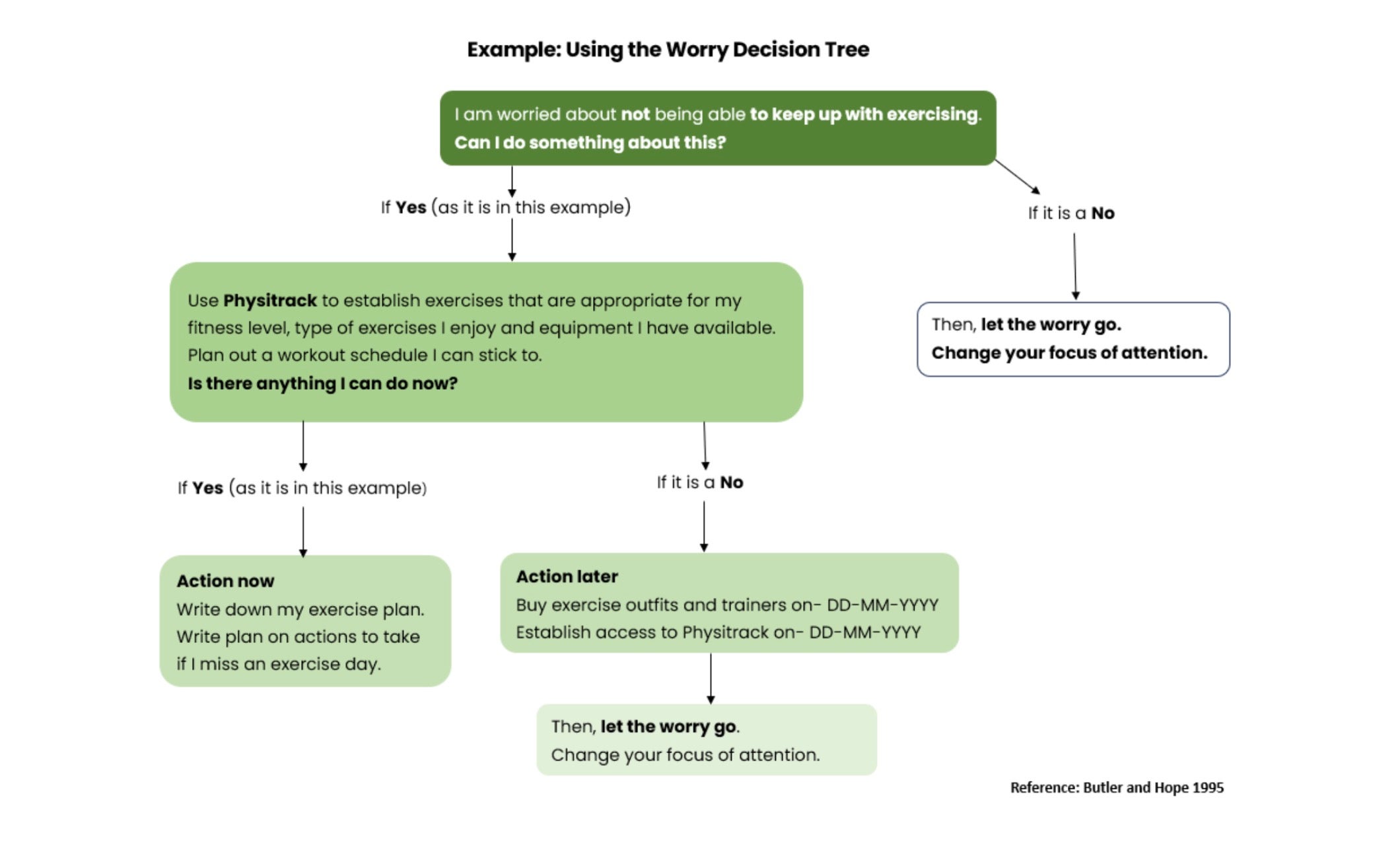Why am I feeling anxious about my weight loss journey?
Losing weight is a challenging process, both physically and mentally1. Many people experience a level of anxiety when starting new journeys in life due to the unknown. It’s common for weight management to provoke anxiety, stemming from worries around failure and the difficulties ahead2.
The eMed Weight Management programme supports you throughout your journey, guiding you in a structured manner to minimise anxiety while achieving your goals. To prepare for your weight management journey, this blog highlights ways to manage your apprehensions allowing you to embark on your weight management journey in a healthy, sustainable way.
Let’s debunk some myths around anxiety and your weight management journey!
Myth: I have to change my entire lifestyle and diet all at once or I won’t lose any weight.
Fact: Too much change at once can trigger anxiety, overwhelm and feelings of failure. Small, gradual steps are best for forming sustainable new habits to help you achieve your goals and stay motivated on your journey.
Myth: If I'm anxious and stressed, I won't be able to lose weight.
Fact: Anxiety may make weight loss feel harder, but it’s still possible. Using techniques like deep breathing, meditation, and positive self-talk can help manage stress
Myth: I shouldn't tell anyone about my weight management journey in case I can't follow through and will look like a failure.
Fact: Firstly, this is a journey and like with any journey there will be bumps in the road. Having a supportive community will allow you to talk about challenges you may face, implement strategies to overcome them, whilst maintaining motivation and accountability.
Myth: The process needs to be perfect or it's not worth it.
Fact: There will be setbacks on any weight loss journey. Being flexible and accepting imperfection prevents further anxiety. Progress over perfection is the goal.
Myth: If I don't see results immediately, I should just give up.
Fact: Meaningful change takes time. Staying patient and focusing on small milestones can keep us motivated for the long-haul.
What to do about the worries you may have
Anxiety related to weight loss often stems from fear of not seeing results, falling short of goals, or backsliding into old habits3. People may worry about being judged if they struggle or don't lose as much weight as they had hoped. Perfectionistic thinking and "all or nothing" attitudes can also trigger anxious thoughts around weight loss. A good way to process these anxieties is using the Worry Decision Tree to help you identify whether you need to focus on the worries you have4.

Some evidence-based tips for navigating your worries include:
- Set small, achievable goals each week so progress feels manageable. Don't try to change everything at once.
- Focus on behaviours within your control, like eating nutritious foods and moving your body.
- Communicate openly with supportive friends and family to manage expectations, navigate challenges and feel encouraged.
- Develop self-compassion through mindfulness, self-care practices, and positive self-talk.
- Seek professional help from an eMed Mental Health Practitioner if anxiety becomes overwhelming.
With patience and proven strategies, you can stay motivated and manage anxiety on your weight loss journey. Losing weight takes time and commitment, but you have the power to build healthy habits over time. Stay focused on your goals, be kind to yourself, and know that small steps make a big difference.
References:
1 Stevens, J., Truesdale, K.P., McClain, J.E. & Cai, J. (2006) The definition of weight maintenance. Int. J. Obes. (Lond) 30, 391–399
2 Castelnuovo, G., Pietrabissa, G., Manzoni, G.M., Cattivelli, R., Rossi, A., Novelli, M., Varallo, G. and Molinari, E., 2017. Cognitive behavioural therapy to aid weight loss in obese patients: current perspectives. Psychology research and behaviour management, pp.165-173.
3 Metzgar, C.J., Preston, A.G., Miller, D.L. and Nickols-Richardson, S.M. (2014). Facilitators and barriers to weight loss and weight loss maintenance: a qualitative exploration. Journal of Human Nutrition and Dietetics, 28(6), pp.593–603. doi:https://doi.org/10.1111/jhn.12273.
4 Bulter G. and Hope T. (1995), Managing Your Mind: The Mental Fitness Guide



